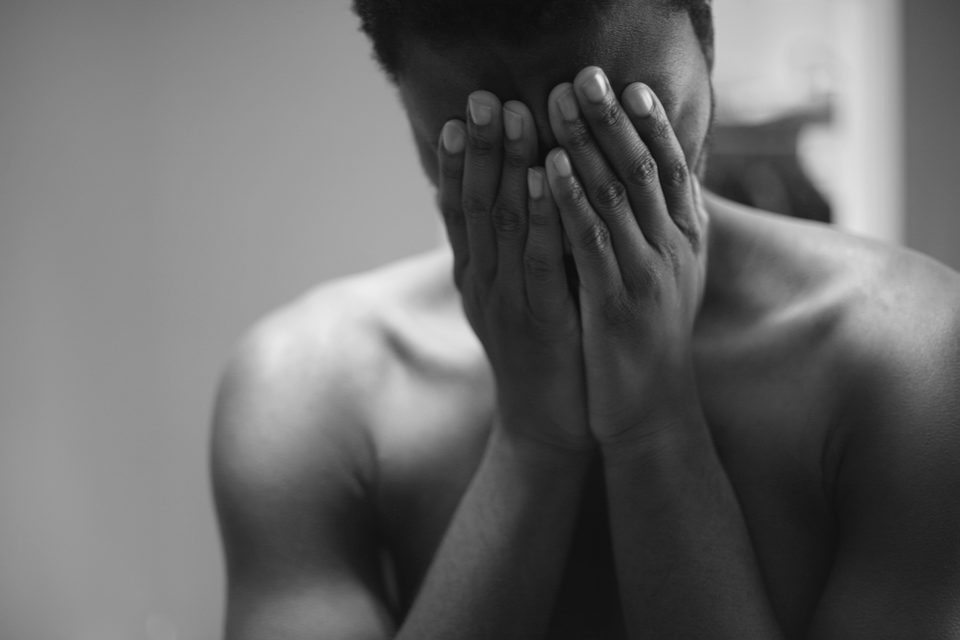A survey involving more than 451,000 respondents showed an association between depression and anxiety and tooth loss. The study, conducted by West Virginia University, conducted a telephone survey of males and females of different races between the ages of 19 years and older.

(Pixabay / Pexels)
Among the study’s 76,292 eligible participants, 13.4 percent reported cases of anxiety while 16.7 percent reported cases of depression. A total of 5.7 percent of the participants reported total tooth loss.
Using the Chi square analysis methodology, researchers determined that anxiety, depression, and a combination of anxiety and depression, were significantly different in the tooth loss participants when compared with participants that did not suffer from tooth loss. Although researchers have not yet established a direct cause-and-effect relationship, the results made clear that there is indeed a correlation between mental and dental health.
Researchers are examining a hypothesis that the association between anxiety, depression and tooth loss could be bi-directional, which means that anxiety and depression could cause tooth loss and tooth loss could, in turn, result in anxiety or depression.
Right now, the value of the research lies in the awareness that it raised. People who suffer from anxiety and depression should see a Davis County family dentistry specialist for regular check-ups. Although research is still being done in this field, the evidence linking mental health issues and teeth issues is strong enough that people would do well to be vigilant with their dental care.
Those who have lost teeth, on the other hand, should keenly monitor their mental health condition. Mental health professionals should be on the lookout for the effects of tooth loss on patients’ mental well-being.
